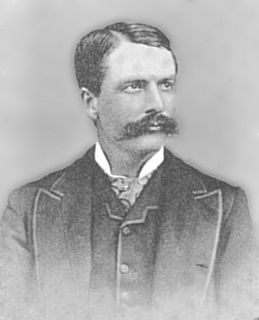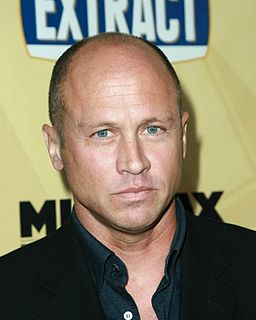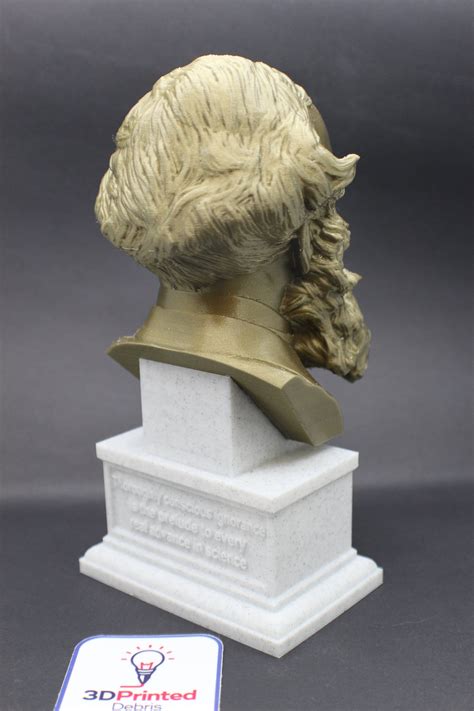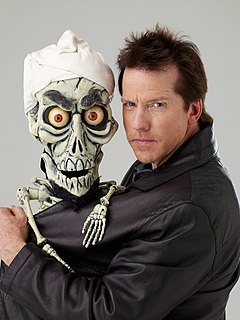A Quote by Regina Spektor
I would really hate it if I could call up Kafka or Hemingway or Salinger and any question I could throw at them they would have an answer. That's the magic when you read or hear something wonderful - there's no one that has all the answers.
Related Quotes
In other philosophies, my questions would get answered to some degree, but then I would have a follow-up question and there would be no answer. The logic would dead-end. In Scientology you can find answers for anything you could ever think to ask. These are not pushed off on you as, 'This is the answer, you have to believe in it.' In Scientology you discover for yourself what is true for you.
It would be a wonderful experience to stand there in those enchanted surroundings and hear Shakespeare and Milton and Bunyan read from their noble works. And it might be that they would like to hear me read some of my things. No, it could never be; they would not care for me. They would not know me, they would not understand me, and they would say they had an engagement. But if I could only be there, and walk about and look, and listen, I should be satisfied and not make a noise. My life is fading to its close, and someday I shall know.
If you had a system that could read all the pages and understand the context, instead of just throwing back 26 million pages to answer your query, it could actually answer the question. You could ask a real question and get an answer as if you were talking to a person who read all those millions and billions of pages, understood them, and synthesized all that information.
This is exactly why Patrick and I chose not to have children." he muttered. "So we would never have to have conversations like this. Andy yet...here I am?""If you could answer the question," I said as politely as I could, "that would be great. I really don't want to have a freaky demon baby, and I can't imagine John wants one, either
I travel a lot. It used to be, when I would go to any country, I could guarantee that the first question would establish my name, and the fact that I've written Roots, and the third question, at least no later than the fourth question would not be a question, so much as a statement, something like, "We understand that in America white people do such and such bad things to black people."
I could learn photography. That could be something to want. I could photograph children. I could have my own children. I would give them yellow roses. And if they got too loud, I would just put them some place quiet. Put them in the oven. And I would kiss them every day, and tell them you don't have to be anybody, because I would know that being somebody doesn't make you anybody anyway.
What was it, he wondered for the hundredth time, that enabled Pastor Harris to hear the answers in his heart? What did he mean when he said he felt God’s presence? Steve supposed he could ask Pastor Harris directly, but he doubted that would do any good. How could anyone explain such a thing? It would be like describing colors to someone blind from birth: The words might be understood, but the concept would remain mysterious and private.
I have been a fan of movies from a very young age, and somehow, the magic of that - every single time I hear something or read something that could be made into a wonderful film or something somebody is asking me to be a part of - that connects. It just makes me feel like I'm going to be part of something magical again.
The "magic if" is a tool invented by Stanislavski, the father of acting craft, is to help an actor make appropriate choices. Essentially, the "magic if" refers to the answer to the question, "What would I do if I were this character in this situation?" Note that the question is not "What would I do if I were in this situation?" What you would do may be very different from what the character would do. Your job, based on your analysis of the script, the scene, and the given circumstances regarding the who of your character, is to decide what he or she would do.
The question of why evil exists is not a theological question, for it assumes that it is possible to go behind the existence forced upon us as sinners. If we could answer it then we would not be sinners. We could make something else responsible...The theological question does not arise about the origin of evil but about the real overcoming of evil on the Cross; it ask for the forgiveness of guilt, for the reconciliation of the fallen world
For me, I wish I loved every script that I read. Sometimes I'm more picky and choosy than I really should be because you would get more jobs as an actor! But you don't know what it is. Sometimes you read something and it could be a big part or a small part. It could be one scene and I'll read it and say: "Wow, I really like that and I really want to do that.".




































